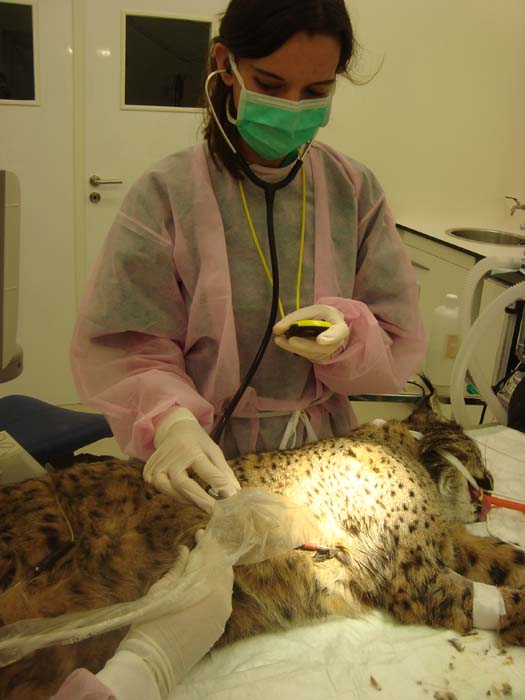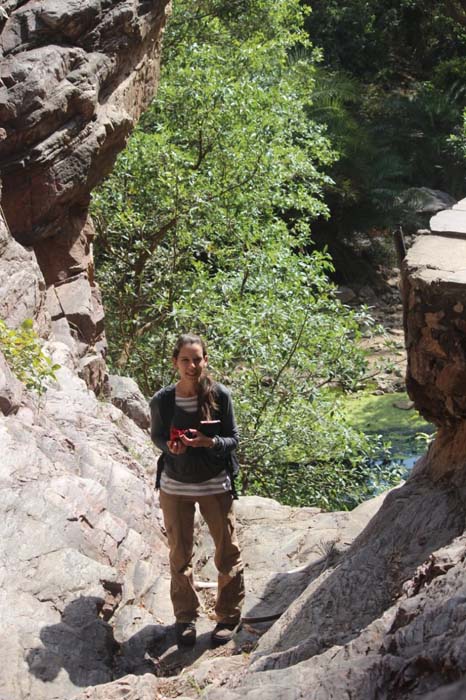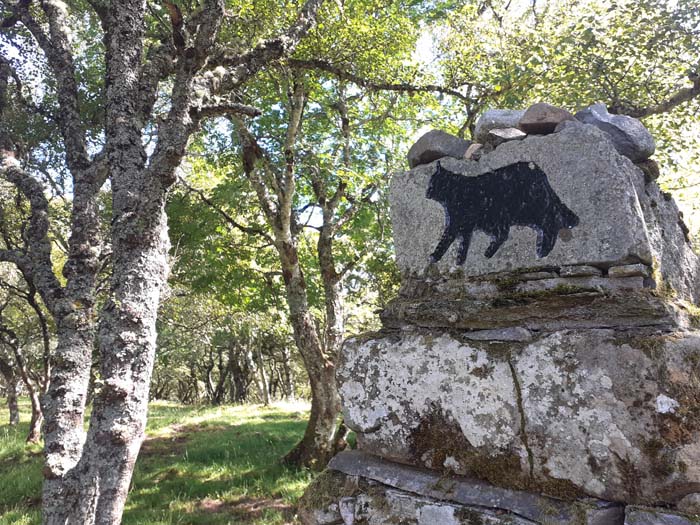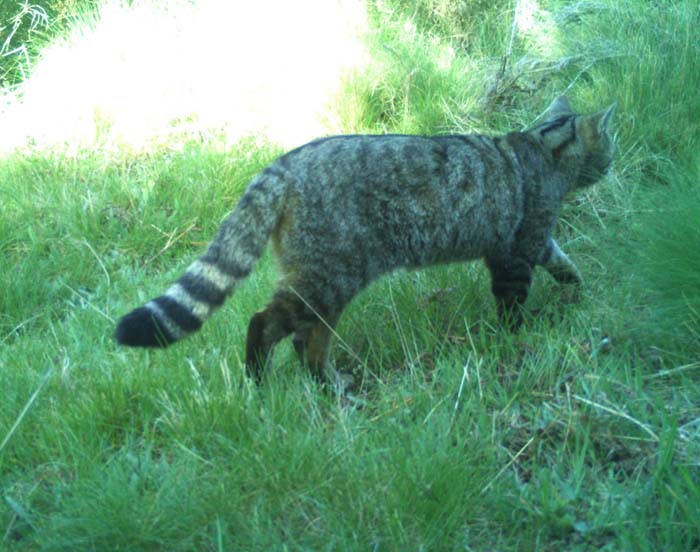Guest post by Beatriz Alves.
“One day, you will write a book”, my dad often told me. I can still hear him say that every time I write. I can hear it now, as I sit here, my cat on my lap, writing this blog. Some things are just born with you, they are a part of you, even if you don’t recognise them. I don’t write that often (not nearly as often as I should to fulfil my dad’s prophecy), but, when I do, I feel like I really have to do it. When I applied for the MVetSci Conservation Medicine, it felt just like that, like I really had to do it. When I started the course, I had not realised how much of it was already a part of me, how much I would identify with the values and concepts of conservation medicine and one health. As a child born and raised in the second biggest city in Portugal, I always had this nagging feeling that I didn’t quite belong there… One of the earliest memories I have from my childhood, is asking my parents to wake me up in the middle of a night when a meteor shower was going to take place. They did as I asked. I was so excited, all wrapped up in my blanket, standing in the middle of the street, looking up… But, as it turns out, it is also one of my most disappointing memories, as I did not see one single shooting star. Because you just can’t really see the night sky in the centre of a big, bright, smoggy city…
I lived there for many years, I went to school and became a veterinary surgeon in that very same city. Unfortunately, vet school did not teach me about all the different paths a vet can take, being very focused on clinical practice, particularly small animal practice.
And so, feeling like I didn’t have much of a choice at the time, I became a small animal vet. But very shortly after starting my first job at a local practice, I realised that, once again, I did not quite belong there… It is not a nice feeling to have, especially when it has, in one way or another, been following you your whole life. However, it is an extremely useful feeling to have, because, if you trust it, it makes you move, it makes you change. And it can lead you to places you did not expect to go to, it can lead you to the right places (even if you don’t realise that at the time). Less than a year after I started working, I decided to quit my job, without really having a plan in mind. Would I try a different practice (maybe the problem was that one…)? Would I do a PhD (I actually wrote a proposal for a small animal clinical research project, which, thankfully, never went very far from my laptop…)? Or would I just try something different? I searched and explored and, eventually, something came up that triggered a little spark in me… A volunteer program had just opened, to join the ethology team at the recently developed Iberian Lynx Breeding for Release Centre (CNRLI), in southern Portugal (Lynxexsitu). What happens when you add a lifelong love of cats (of all shapes and sizes), a will and a need to try something new and the prospect of a two-month period in beautiful sunny Algarve’s countryside? Well, you consider all the pros and cons (always make a list of these, particularly highlighting the fact that you won’t be making any money) and, on that very same day, you send your application. I was accepted and I went to CNRLI with the plan of staying for two months. However, the volunteering turned into an internship, the internship into a job, and I ended up staying for two and a half years.

Being involved in a wild felid conservation project was an extraordinary experience, and it made me realise so much of what I already felt but didn’t quite know. This was what I really wanted to do. But I knew nothing about it… Vet school does not prepare you for this type of work. So I decided to move to the UK, where working conditions were better, to go back into small animal practice and look for an opportunity (a post-graduation course or a masters) that would allow me to learn more about how to be a conservationist as a vet.
Three years later, I enrolled in the MVetSci Conservation Medicine programme. The comprehensive and interdisciplinary approach of conservation medicine fascinated me from day one and is now intrinsically a part of my life and the way I see and interact with the world around me. During the course, I had the opportunity to meet incredible people, from all over the world (the highlight having been the three week IWAH – Interventions in Wild Animal Health course, at Sariska Tiger Reserve, in India. Despite so many cultural and personal differences, it was extremely inspiring to realise how we had all been brought together by identical goals and values. The support we gave and received from each other going forward was crucial, particularly since our last year of the course (the dissertation year) took place during the covid pandemic.

Fitting my cat conservation passion, my dissertation project ended up consisting of the analysis of disease surveillance data collected by Scottish Wildcat Action, the first national conservation project for the European wildcat in Scotland. This was a wonderful opportunity and one that confirmed my appetite for working in wild felid conservation.

One thing led to another, one meeting to another meeting, one person to another person, and, once I finished my MVetSci, I was invited to apply for a PhD scholarship in Portugal to continue studying wildcats. After the terrifying process of writing a PhD research proposal (which felt completely above my credentials) and six long months of waiting, I was offered a four-year PhD scholarship.
Now in my second year, I can tell you a PhD is no walk in the park. It is a rollercoaster of excitement, disappointment, motivation, fear, adventure and anxiety. I often have to remind myself why I decided to do it in the first place. However, given the choice, I would do it all over again. It is a completely different experience from the clinical practice work I was used to. I am learning things and acquiring skills I never thought I would (some more challenging than others). I am working with professionals from multiple disciplines (biologists, ecologists, geneticists, zoologists, statisticians and actually very few vets…), thus bringing Conservation Medicine into practice. The PhD is a great opportunity to have contact with different projects and subjects, as long as you are willing to take the opportunities that are presented to you.

Looking back, I am grateful for all the little (or not so little) steps throughout my life that have brought me here. After many bumps along the way, I am now working with wildcats and I get to spend time in incredible places in Portugal (Montesinho Natural Park) and the Scottish Highlands (Cairngorms National Park), where I can actually see the stars…
I feel curious and excited (and, at times, a bit scared…) to see what comes next. But wherever life takes me, as long as the night sky is clear, it will be the right place. And maybe I will finally write my book…